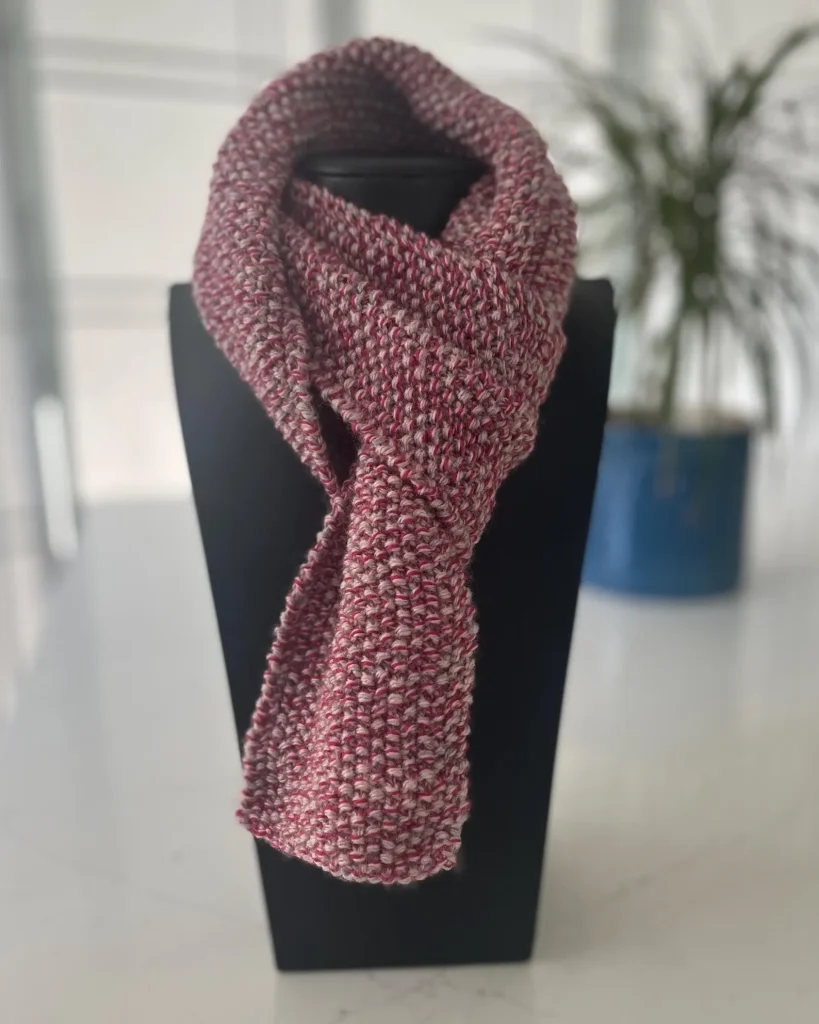News
The Eco-Friendly Benefits of Choosing Handmade Knitted Scarves
In recent years, environmental awareness has significantly influenced consumer behavior. As people become more mindful of their purchases’ impact on the planet, they seek sustainable, eco-friendly alternatives to mass-produced goods. One category that has gained attention is handmade knitted scarves. These scarves not only offer unique designs and superior craftsmanship but also provide various environmental benefits for eco-conscious consumers.
1. Reduced Environmental Impact of Production
Unlike mass-produced scarves, which often require energy-intensive machinery and large-scale manufacturing, handmade knitted scarves are crafted with minimal environmental impact. Since they are made in small batches or on demand, there is less waste and fewer resources consumed. Artisans also tend to use low-impact crafting methods, reducing energy consumption and carbon emissions.
2. Ethically Sourced and Sustainable Materials
Handmade knitted scarves are often made from ethically sourced, sustainable materials. Many artisans use organic cotton, bamboo fiber, or recycled yarn, ensuring their products are biodegradable and eco-friendly. These sustainable choices help reduce pollution and support responsible farming and textile production.
3. Less Waste and Overproduction
Overproduction in mass manufacturing leads to excess stock and textile waste, contributing to landfills. Handmade knitted scarves, however, are typically produced only when needed, reducing unnecessary waste. Many artisans also repurpose leftover yarn into smaller accessories like headbands or gloves, further minimizing environmental impact.
4. Lower Carbon Footprint
The carbon footprint of a handmade knitted scarf is significantly lower than that of mass-produced scarves. Large-scale production requires transportation of raw materials to factories, followed by distribution across multiple locations. In contrast, handmade scarves are often sourced and created locally, reducing transportation-related emissions.
5. Eco-Friendly Packaging
Many handmade businesses embrace zero-waste and sustainable packaging. Instead of plastic wraps and excessive packaging, artisans use biodegradable materials like kraft paper, recycled cardboard, or fabric wraps, ensuring minimal environmental harm. Some even encourage customers to return packaging for reuse.
6. Supporting Local and Sustainable Economies
Purchasing a handmade knitted scarf supports independent artisans and small businesses rather than large corporations. This helps promote local economies, fair wages, and ethical working conditions while encouraging sustainable production practices.
7. Longer Lifespan and Durability
Unlike cheaply mass-produced scarves that wear out quickly, handmade knitted scarves are crafted with care and durability in mind. Artisans focus on high-quality knitting techniques, resulting in scarves that last longer, reducing the need for frequent replacements and cutting down on textile waste.
8. Personal and Emotional Value
A handmade knitted scarf is more than just an accessory—it carries a personal touch and emotional value. Each scarf is created with time, effort, and skill, making it unique and meaningful. Customers often feel a stronger connection to handmade goods, encouraging them to cherish and care for their scarves rather than discard them after a season.
Conclusion
Handmade knitted scarves provide numerous eco-friendly benefits, making them a sustainable and ethical alternative to mass-produced fashion. From reduced waste and lower carbon footprints to superior craftsmanship and personal value, these scarves align with a more conscious and environmentally friendly way of living. By choosing handmade, consumers not only invest in a high-quality, one-of-a-kind product but also contribute to a greener future and the support of talented artisans.

